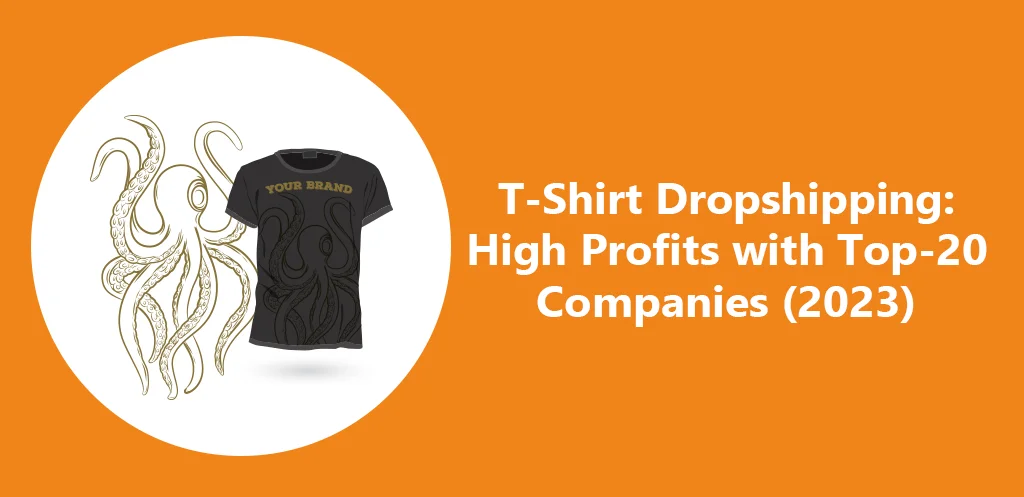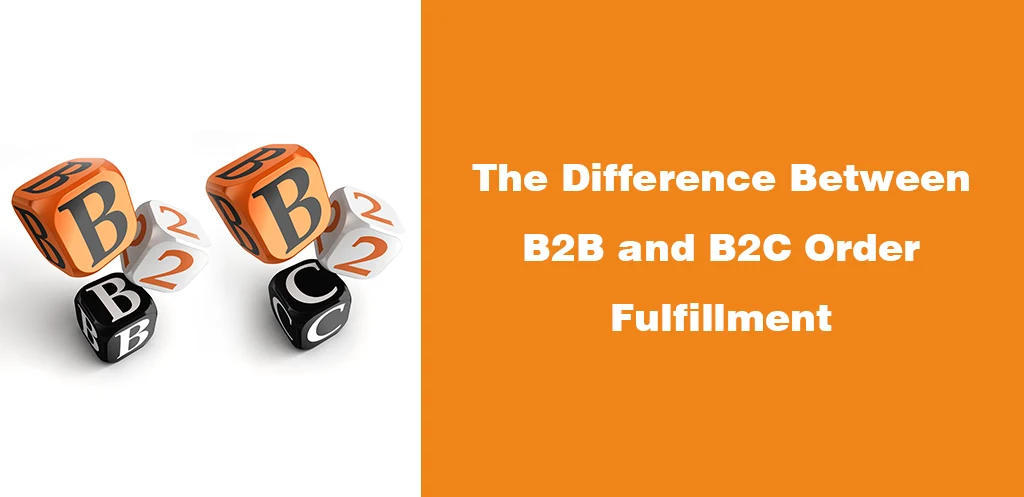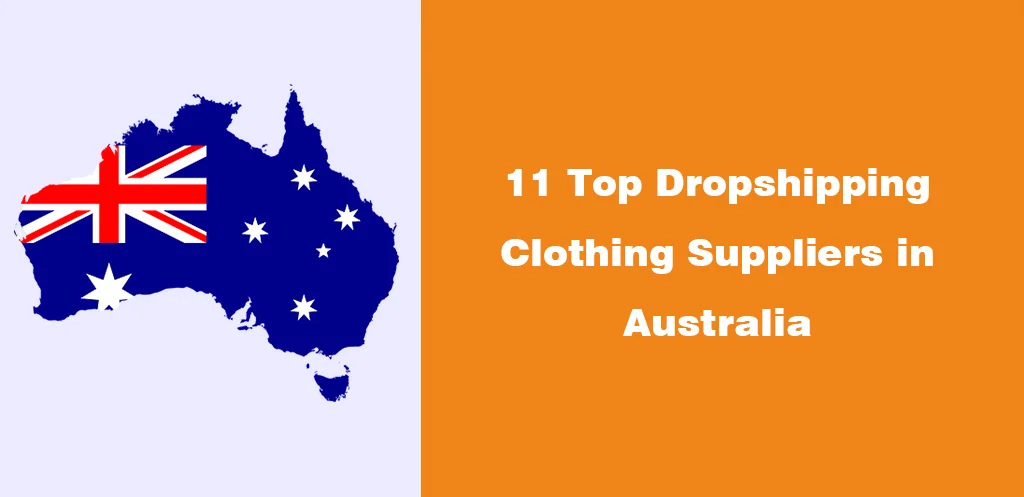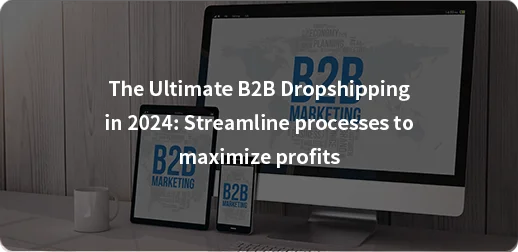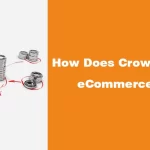Getting the Best Price for Dropshipping vs Wholesale
When it comes to selecting the best–and most cost effective–way to run your eCommerce business, you may be wondering if dropshipping or wholesale is the way to go. Both options have their pros and cons, and it might be difficult to decide which one makes more sense for you.
Dropshipping: Pros and Cons
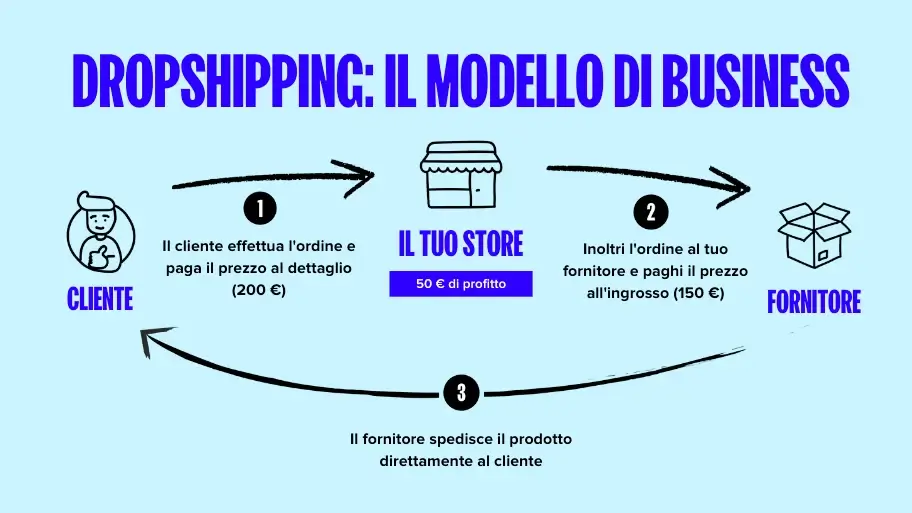
Dropshipping is an increasingly popular online business model. With dropshipping, you don’t have to worry about carrying inventory or shipping products. Instead, you simply source product from a third-party supplier and have them ship it directly to your customer. Here are some of the pros and cons of dropshipping:
Pros:
- Low overhead costs as you don’t need to keep a lot of inventory
- The supplier takes care of storage, shipping, and returns
- You don’t need to purchase the products up front
Cons:
- You can’t control the quality of the products
- There is potential for slow delivery times
- You may need to split profits with the supplier
Wholesale: Pros and Cons

With wholesale, you purchase your products in bulk from a wholesaler and then sell them at a markup. You will have to store, manage, and ship your own inventory, which can be time consuming. Here are some of the pros and cons of wholesale:
Pros:
- You have full control of your inventory and profits
- Larger profit potential over dropshipping
- You can control the quality of your products
Cons:
- Higher overhead and capital investment to start
- Can be time consuming to store, manage, and ship
- You’re responsible for managing returns and exchanges
Conclusion
Dropshipping and wholesaling both have their pros and cons, so it’s important to understand your unique needs and situation before deciding which model is right for you. Whatever you choose, both options offer the potential for a profitable business.
You can also hire leading sourcing and fulfillment agents to help you find the best quality products at the best market prices.
What is the Best Option?
The best option depends on your budget, time, and risk tolerance. Dropshipping can be a great way to get started with low overhead costs, while wholesaling can give you more control and larger profit potential. Ultimately, it’s up to you to decide which model is the best fit for your business.
What is the difference between dropshipping and wholesaling?
Dropshipping is a business model in which merchants take orders for items from customers, but instead of stocking their own inventory, the merchant will purchase the item from a third-party seller, such as a manufacturer or wholesaler, and have it shipped directly to the customer. Dropshipping allows merchants to provide products to customers without having to manage the costs of shipping, inventory storage and other logistics.
Wholesaling, on the other hand, is when a business sells products in bulk to other businesses, who in turn sell them to customers at a higher price. The wholesaler acts as a middleman, purchasing products from manufacturers and selling them to retailers in large quantities. This method allows the wholesaler to purchase products at a lower cost than the consumer, resulting in higher profit margins. Wholesaling can require a larger investment as the wholesaler will need to purchase and store inventory.
What are the advantages of dropshipping over wholesaling?
1. No need to manage inventory: One of the key advantages of dropshipping is that you don’t need to manage inventory. As you don’t stock the products you are selling, you don’t need to worry about buying, stocking, packaging and shipping.
2. Low startup capital: Dropshipping does not require a large upfront investment. Since you do not need to purchase any inventory, you do not need to have large amounts of capital to get started.
3. Easier to get started: Dropshipping is much easier to setup than a traditional business as there is less hassle involved. All you need to do is to research suppliers, create an online store and start selling.
4. More flexibility and scalability: Dropshipping is a very flexible business model that can be easily scaled. You can quickly add new products to your store without having to invest in additional inventory.
5. Easier to test different products: With dropshipping you can easily test different products and market segments without a large upfront investment. This makes it easier to find products that are in demand and create a successful product line.

